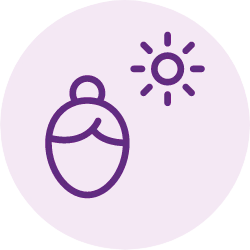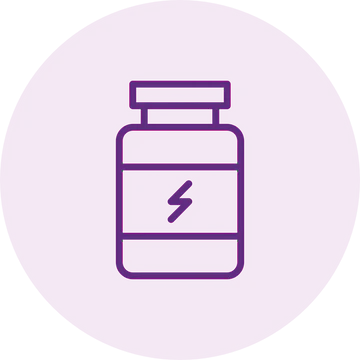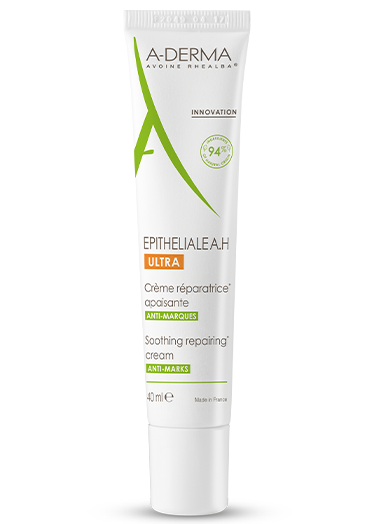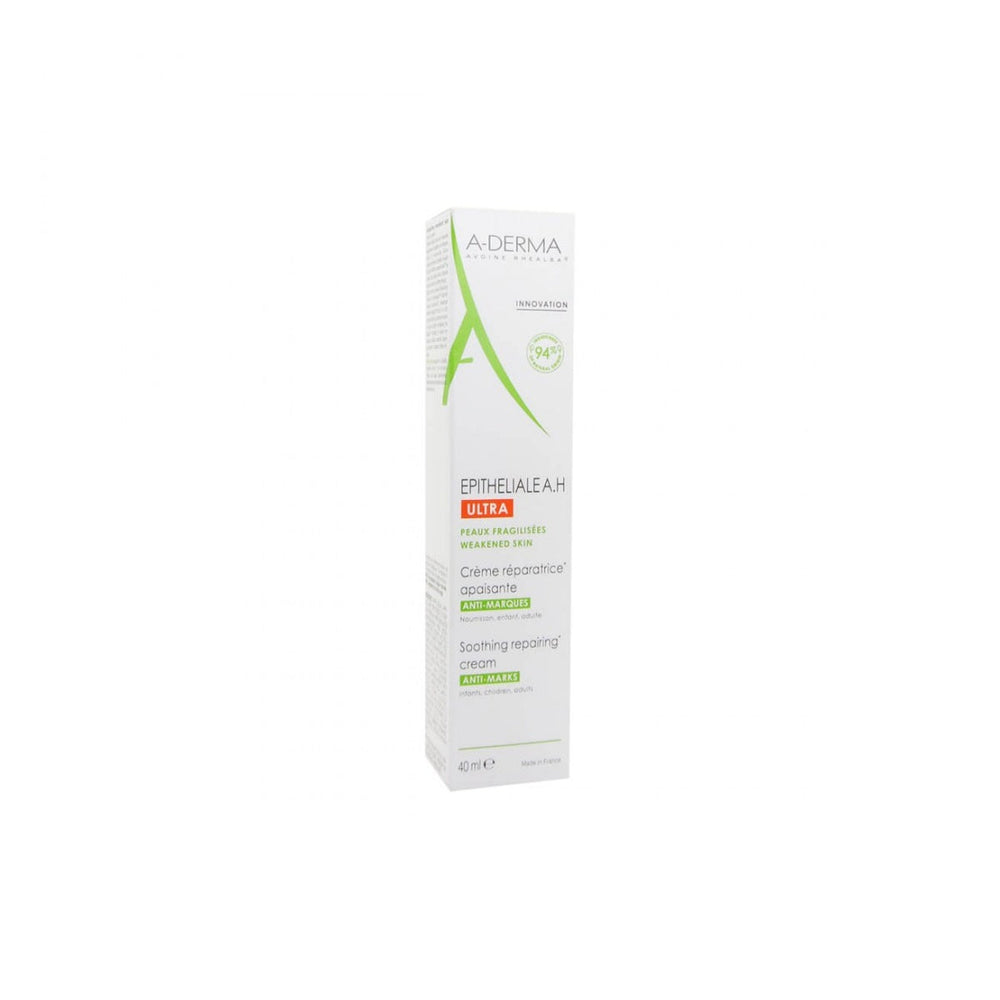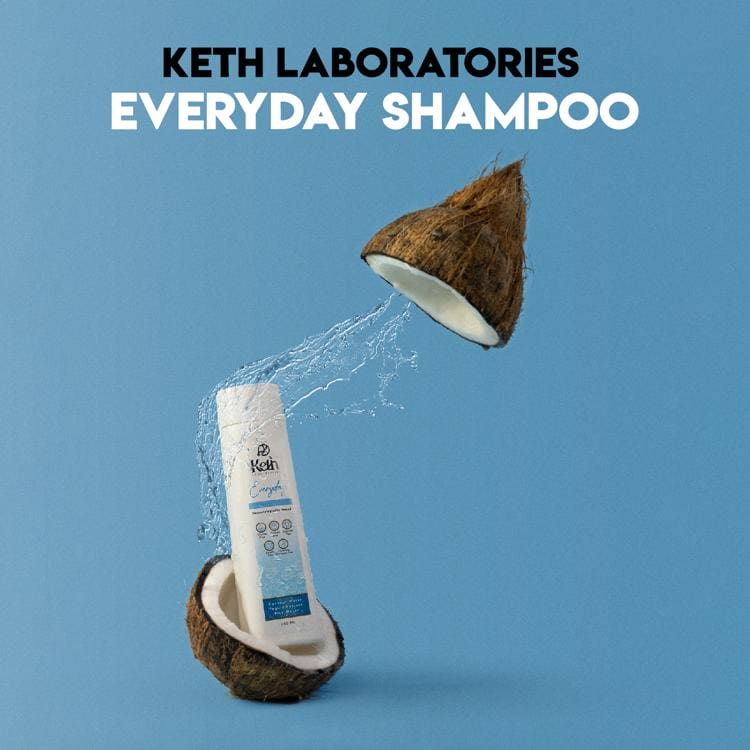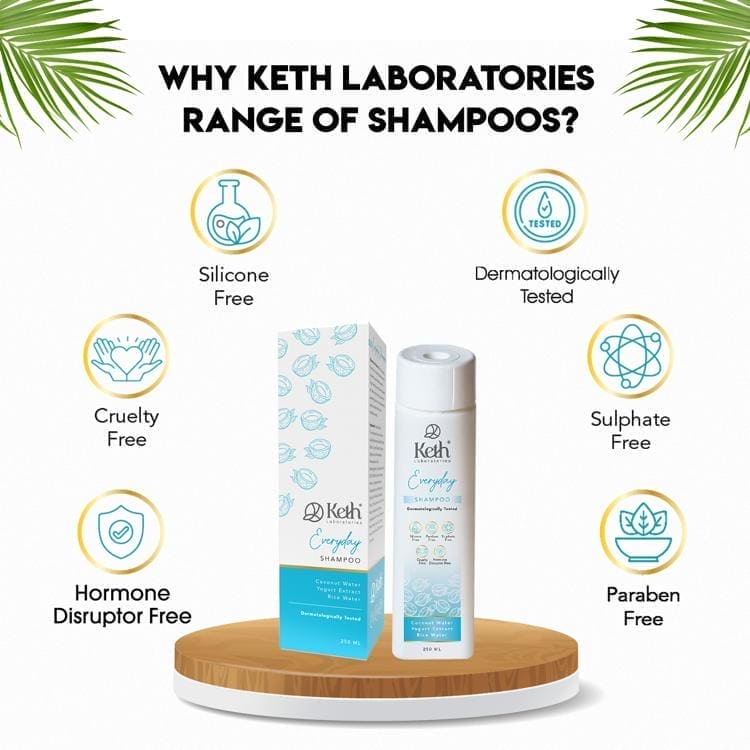What is retinol? - A complete Guide
What is retinol?
Retinol is a retinoid made from vitamin A. You can find it in many over-the-counter (OTC) skincare products. Retinol helps make more collagen and improves skin texture. This is why it's prized for fighting acne and reducing signs of aging.
Different types of Retinol
Retinol comes in different strengths and types. Each one is made to treat specific skin problems. Knowing these differences can help you pick the right one for your skin.
Retinyl Palmitate: It is the gentlest type of retinol. It's perfect for beginners or people with sensitive skin. It takes longer to show results, but it is less likely to irritate.
Retinol: The most common over-the-counter form. It's more effective than retinyl palmitate. However, the skin still needs to convert it into retinoic acid. Try Minimalist Retinol 0.3% Serum or Minimalist Retinol 0.6% Serum for beginner to intermediate use.
Retinaldehyde (retinol): This is a stronger type of retinol. It changes into retinoic acid faster. This makes it more effective, yet it is still gentle on the skin.
Tretinoin (retinoic acid): It is a prescription retinoid. It acts swiftly and produces noticeable results. But, it may cause irritation and peeling at first.
Adapalene: A synthetic retinoid commonly found in acne treatments. It is gentler than tretinoin but still effective in treating breakouts.
Benefits of retinol for skincare
Reduces wrinkles and fine lines: Stimulates collagen production to keep skin firm and smooth.
Improves Skin Texture: It speeds up cell turnover, revealing fresher, healthier skin.
Clears acne and prevents breakouts: unclogs pores, reduces oil, and prevents acne.
Fades dark spots and hyperpigmentation: lightens pigmentation and evens skin tone.
Minimizes enlarged pores: regulates oil, preventing pores from stretching.
Enhances Skin Radiance: Promotes a youthful glow and keeps skin rejuvenated.
Looking for the right product to enjoy these benefits? Explore our curated range of serums.
Is retinol safe for the skin?
Retinol is generally safe when used correctly. It can cause redness, dryness, peeling, and more sun sensitivity. This is especially true in the first weeks of use. To minimize irritation, it is recommended to start with a low concentration and gradually increase it. If you have sensitive skin, you might notice more side effects. So, it’s good to do a patch test before applying it fully.
Note : You must use sunscreen when using retinol.
Who should use retinol for skincare?
Retinol is suitable for many people, but the right product and strength depend on individual skin concerns.
-
Individuals in their late 20s to 30s seeking to prevent early signs of aging.
-
Those with acne-prone skin are aiming to reduce breakouts and control oil.
-
People are struggling with uneven skin tone or sun-induced pigmentation.
How should retinol be used for skincare?
Many dermatologists suggest starting with a low concentration. Use it a few times a week at first. Then, you can slowly increase how often you apply it. Apply retinol at night for better results, making the skin more sensitive to sunlight. To prevent dryness, always pair it with a good moisturizer and sunscreen during the day.
A structured routine, like the one below, helps retinol work well without stressing your skin:
Start with a low concentration (0.25% or 0.3%) and use it 2-3 times a week to allow the skin to adjust. Begin with a gentle formula like Minimalist Retinol 0.3% or Keth Laboratories Youth & Renewal Serum if you're just starting.
Apply retinol at night, it makes the skin more sensitive to sunlight. Use a nighttime-specific product like Peltos Sleep Mask Retinol for smoother results while you sleep.

-
Use a pea-sized amount for the entire face to prevent excessive irritation.
-
Follow up with a moisturizer to keep the skin hydrated and reduce dryness.
-
Use sunscreen (SPF 30 or higher) daily.
-
Avoid using it with strong exfoliants (like AHAs/BHAs) or vitamin C at the same time to prevent irritation.
-
Increase frequency gradually if there are no signs of excessive dryness or irritation.
Quick Tips to Follow While Using Retinol for Skincare
Using retinol takes time and care. This way, you can avoid irritation and see great results. Stay hydrated and protect your skin from the sun. This helps prevent skin sensitivity.
-
Start with a lower strength and using it a few times a week helps the skin adjust. Avoid harsh exfoliants and strong active ingredients. They can cause redness or peeling.
-
Always do a patch test before using retinol. This checks for reactions or sensitivity.
-
Don't use retinol just before bed. This helps keep it from rubbing off on your pillow and losing its effectiveness.
-
Leave the eye and mouth areas alone. These spots are sensitive and can easily get irritated.
-
Don't mix retinol with benzoyl peroxide or strong exfoliants. This can lead to too much dryness and peeling.
-
Drink plenty of water and use hydrating skincare products to help the skin adjust to retinol use.
-
Store retinol in a cool, dark place to prevent it from breaking down due to heat or sunlight exposure.
-
Be patient and consistent. Results take time. Overusing products will not speed up improvements and may harm your skin.
Summing it up
Retinol is a strong skincare ingredient. It can change your skin for the better if you use it right. It helps reduce wrinkles, clear acne, and improve skin texture. Patience and the right approach are important. They help you avoid irritation and reach long-term goals. A good routine and proper care can make retinol work wonders for your skin. It helps you get a smoother, healthier, and younger look.
Ready to start your retinol journey? Browse our dermatologist-recommended options like the Active Retinol 1.0% Serum and Revibra A15 Retinol Cream. Each one is carefully formulated to suit different skin types and concerns.








